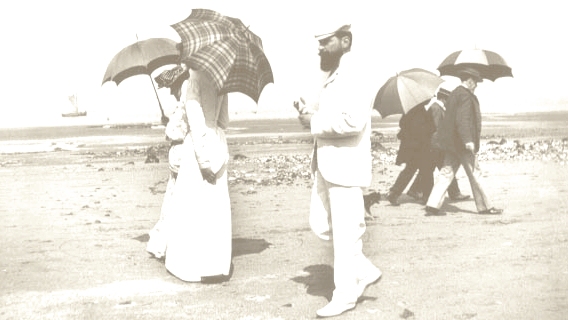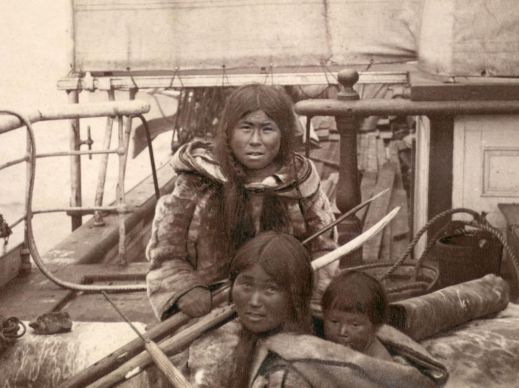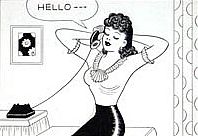The public domain is not a waste basket, it's not a gutter or a vacant lot or a graveyard; it's closer to dirt, but real dirt - the kind you come to when you dig beneath trees - it's alive.
The public domain is central, not peripheral.
The merchants' edge is a like a fungus, a parasitic growth, and for a lot of us, who grew up completely disconnected from any other way, that growth seemed to be all there was. But the online world has created a refutation of that, an unstoppable return to what the public domain really is. Which is not an economic term. Public domain only became a legal term when merchants began making the laws.
The public domain is ours, we are the public and this is our domain. Merchants have attached themselves to that, strip-mined it, harvested it, clear-cut it.
It's a kid's logic - the question, why aren't the best-seller lists representing the all-time best? The answer being because there's no profit in it. Merchants determine what's available according to what sells. The stores sell things. And we're brainwashed into thinking the store is the only place to get music, or books. You have to buy it. Your relationship with it has to be economic first.
Music is a commodity, a luxury, economically secondary, unnecessary. Even though it's a virtual necessity in many people's lives, especially among the young and mating, even though people take music with them everywhere, turn to it for comfort, use it for solace. The most important human events, marriage, funerals, inaugurations, graduations, virtually everything but birth itself, which has its own songs, is held together by music, the participants are united by music. That's not peripheral, and it's not a luxury, it's essential.
Online file-sharing, that was in its beginning hackers and college kids mostly, has turned into a place where people share music they like and love, and it has nothing to do with immediate gain in many cases. So lo and behold there's music with no price tag, side by side with the latest corporate artists, just like it is in our lives.
The mercantile idea is that music from 50 years ago is less important than music made today. But that's only true to the people who sell it.
It's like cars. Cars must be new. The idea of having a car for thirty years, much less the absurd idea of having a car you maintain and pass down to your children, is unthinkable for most people.
And yet we do that, and do it lovingly, with furniture, with clothing, blankets even, dishes, hand tools. How many of us have things our parents used, our grandparents, an uncle or an aunt. Or things we got at garage sales that were old and well-used, and valued because of that? But a car? Older than twenty years? An antique, a hobby.
This is corporate brainwashing, and in its destructiveness it's evil pure and simple. By any definition, once all the effects are accounted for, it's evil.
-
The bookmarks below are nearly random links to music sites. Some of them are indexes of music sites themselves. This is not an informative list, or a project; it doesn't represent my taste musically, just links that ended up in this one bookmark island after a month or two of accumulation.
Absolute Cherry




















































